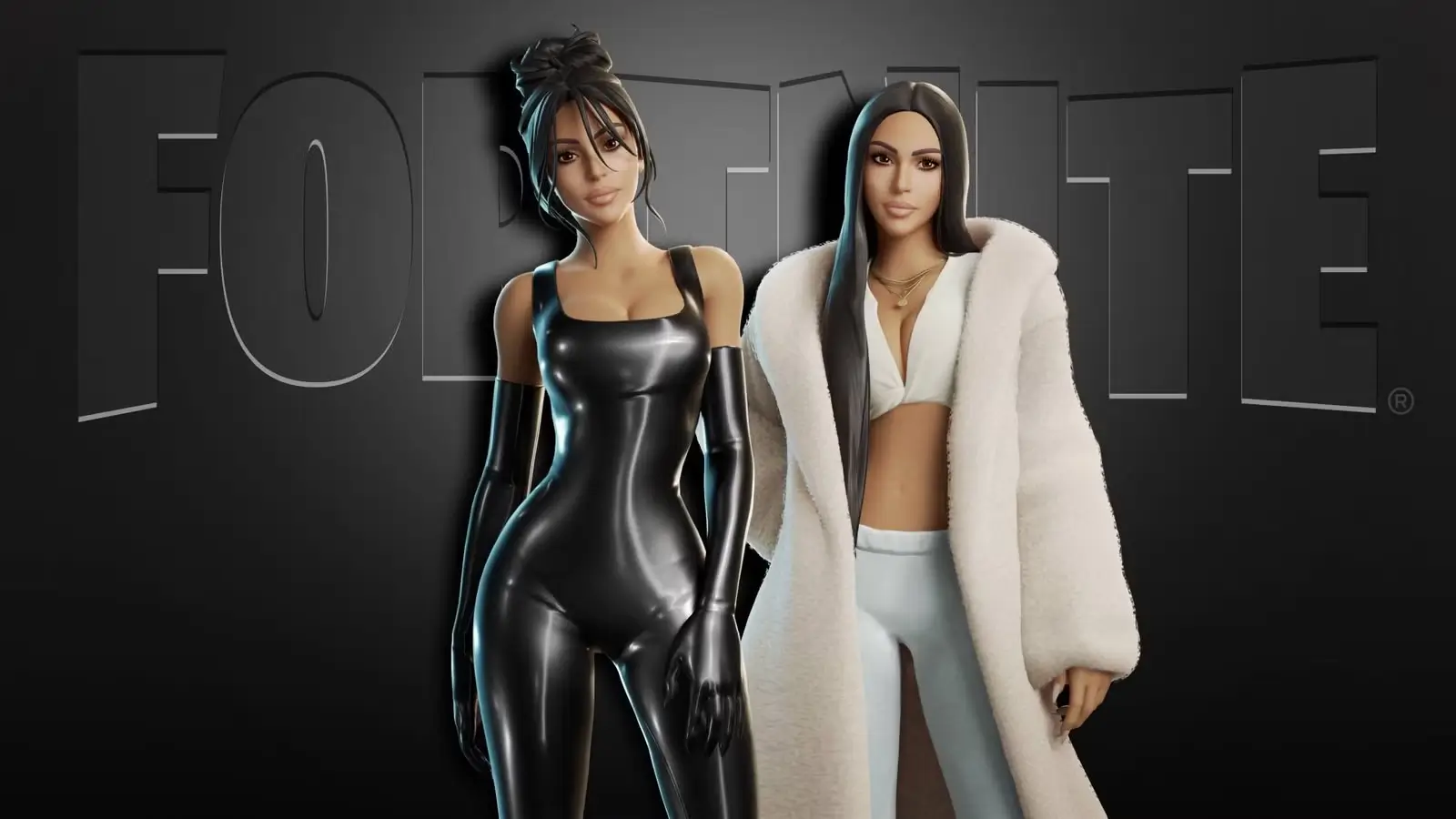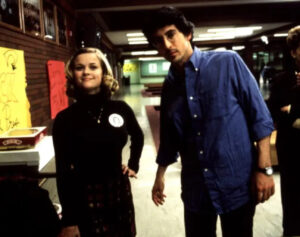Tommy Richman, the Virginia-born artist affiliated with Brent Faiyaz’s ISO Supremacy label, has found himself at the center of a major debate about artistic identity, genre classification, and authenticity. Known for blending R&B, indie, and hip-hop influences, Richman has amassed a growing fanbase, but his recent comments about rejecting the “hip-hop artist” label have ignited controversy.
The situation escalated further when Richman previewed a snippet of a new song that heavily borrows from 2000s hip-hop production, reminiscent of Soulja Boy’s early work. Given his earlier stance, the move has left many fans confused and divided. Some are excited about the track’s nostalgic sound, while others see it as contradictory to his attempt to distance himself from hip-hop.
With reactions ranging from praise to outright criticism, Richman’s artistic choices have sparked a larger conversation about the fluidity of genre labels in today’s music industry. Can an artist reject a label while still drawing influence from it? Where is the line between musical experimentation and cultural appropriation? Let’s break it down.
Tommy Richman’s Musical Background and Career Growth
The Early Days
Tommy Richman’s rise has been fueled by his ability to blend multiple genres seamlessly. His first few independent releases gained traction due to their smooth, melodic approach, pulling from R&B, funk, and electronic music while borrowing elements of hip-hop.
His early success caught the attention of Brent Faiyaz, one of the leading voices in alternative R&B. Richman soon signed with ISO Supremacy, Faiyaz’s label, and became known for his experimental yet accessible sound.
Breakthrough With Coyote
Richman’s 2024 debut album Coyote showcased his eclectic musical style. The project received critical acclaim for its lush production and genre-blurring approach, featuring elements of funk, indie pop, and hip-hop. The standout single, Million Dollar Baby, demonstrated his ability to create infectious melodies while embracing different influences.
However, despite his clear connections to hip-hop—from his use of rap-adjacent production to his collaborations with artists in the space—Richman surprised fans later that year by stating that he did not consider himself a hip-hop artist.
The “I’m Not a Hip-Hop Artist” Controversy
The Statement That Sparked Backlash
In late 2024, Richman attempted to clarify his musical identity by stating:
“I’m not a hip-hop artist. I grew up on hip-hop, but I don’t want to be boxed in. My music is much bigger than just one genre.”
While his statement might have been an attempt to assert artistic independence, it was met with backlash for several reasons:
His Music Clearly Draws from Hip-Hop:
Many fans pointed out that much of his production, flow, and even stylistic choices heavily borrow from hip-hop, making his rejection of the label feel contradictory.
The Perception of Industry Privilege:
The hip-hop genre has long been a space where Black artists struggle to receive credit and proper industry support. Some saw Richman’s statement as an attempt to distance himself from hip-hop’s stigmas while still benefiting from its influence.
Timing & Context:
The controversy came at a time when other genre-fluid artists like Doja Cat and Post Malone had faced similar scrutiny for navigating the fine line between participation in hip-hop culture and distancing themselves from it when convenient.
Richman’s Clarification
Following the backlash, Richman attempted to soften his stance:
“What I meant was I don’t want to be confined to just one genre. I love hip-hop, I was raised on it, but I’m a singer first.”
However, for many fans, the damage was already done. His credibility had been questioned, and the discussion about genre ownership had already begun.
The New Snippet: A Nostalgic Nod or a Contradiction?
Just when the debate seemed to be dying down, Richman reignited it by dropping a 30-second snippet of an upcoming track.
The song, tentatively titled Actin Up, features:
• Upbeat, steel-drum-driven production similar to early 2000s Southern hip-hop.
• A playful, chant-like vocal delivery akin to Soulja Boy’s Crank That era.
• A beat that sounds tailor-made for a viral TikTok moment.
The Fan Reactions: A Community Divided
Upon hearing the snippet, fans and industry figures split into two camps.
Supporters’ Take:
• A Fun, Nostalgic Sound: Many fans loved the snippet for its throwback feel, appreciating how it channels early internet-era hip-hop.
• Artistic Freedom: Some defended Richman’s ability to experiment with different sounds, arguing that he should not be tied to a single genre.
• Brent Faiyaz’s Co-Sign: The fact that Richman continues to receive support from Brent Faiyaz—a respected figure in alternative R&B—solidified his legitimacy for some fans.
Critics’ Take:
• Contradiction to His Earlier Statement: Many pointed out the irony of rejecting the hip-hop label while releasing a song that sounds deeply rooted in hip-hop aesthetics.
• Cultural Appropriation Concerns: Some fans accused Richman of wanting to benefit from hip-hop’s influence while avoiding the associated labels and responsibilities.
• Industry Commentary: Media figures like Joe Budden were quick to call him out, arguing that Richman’s attempt to distance himself from hip-hop was disingenuous.
Joe Budden’s Criticism
Joe Budden, a long-time hip-hop commentator, addressed the controversy on his podcast:
“You can’t tell people you’re not a hip-hop artist and then turn around and drop a record that sounds like it came straight from 2007 Soulja Boy. That’s called playing the game, not being an artist.”
His comments added fuel to the fire, reinforcing the perception that Richman was trying to have it both ways.
The Bigger Conversation: Genre, Identity, and Authenticity
Richman’s situation reflects a broader conversation about how artists navigate genre classifications in the modern music landscape.
The Fluidity of Genre in 2025
In today’s streaming-driven industry, genre labels have become increasingly irrelevant. Artists like Lil Nas X, Doja Cat, and Post Malone frequently switch between styles, making it harder to categorize their work.
However, the issue becomes contentious when artists reject certain genre labels while still leveraging the culture that defines them.
Examples of Similar Genre Controversies
Post Malone: Faced backlash for dismissing hip-hop’s emotional depth while still making rap-adjacent music.
Doja Cat: Questioned for shifting between hip-hop and pop depending on industry reception.
Miley Cyrus: Accused of using hip-hop aesthetics before pivoting back to country/pop when it suited her career.
Richman now finds himself in this same space, trying to assert creative independence while facing scrutiny over his authenticity.
What’s Next for Tommy Richman?
As Richman prepares for his Coyote Tour, the controversy surrounding his genre identity is unlikely to disappear. His upcoming releases will likely determine whether he successfully navigates the backlash or continues to face skepticism from parts of the hip-hop community.
Possible Paths Forward
Fully Embracing Hip-Hop Influence: If he continues making hip-hop-influenced tracks, he may need to acknowledge and embrace the culture more openly.
Leaning into Alternative/Indie Spaces: He could pivot more toward R&B and indie genres to reinforce his broader artistic identity.
Releasing a Genre-Bending Album: A well-crafted, multi-genre project could validate his argument that he refuses to be boxed into one category.
A Defining Moment in His Career
Tommy Richman’s journey is a testament to the evolving nature of music and the challenges artists face in defining themselves. While his recent snippet has reignited debates about authenticity and genre classification, it also highlights the increasing difficulty of labeling artists in today’s streaming age.
Ultimately, his next moves—both musically and publicly—will determine whether he can successfully move past this controversy or if it will follow him as a defining moment in his career.
Regardless of the outcome, one thing is clear: Tommy Richman is an artist who has people talking, and that, in itself, is a powerful position to be in.
No comments yet.








